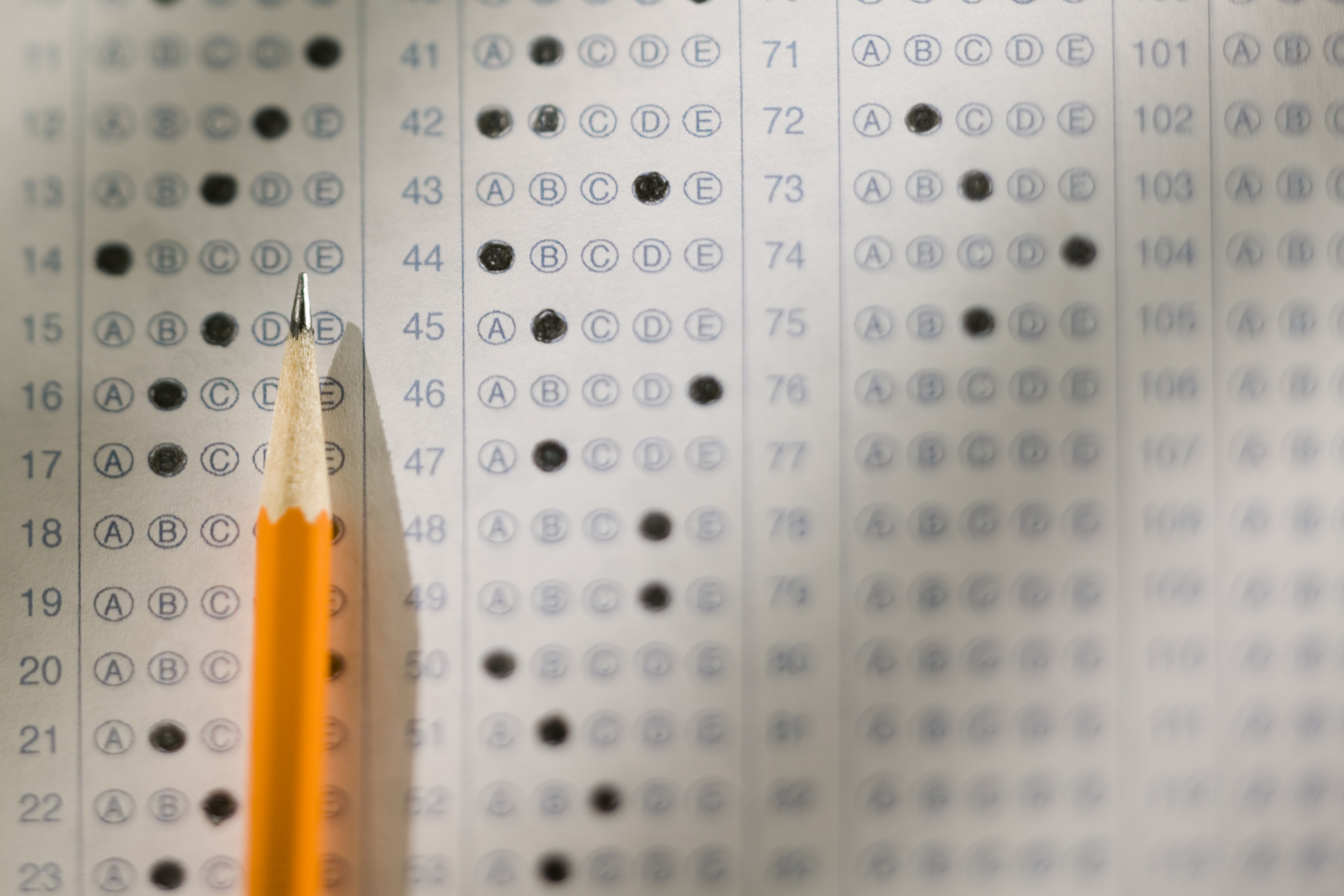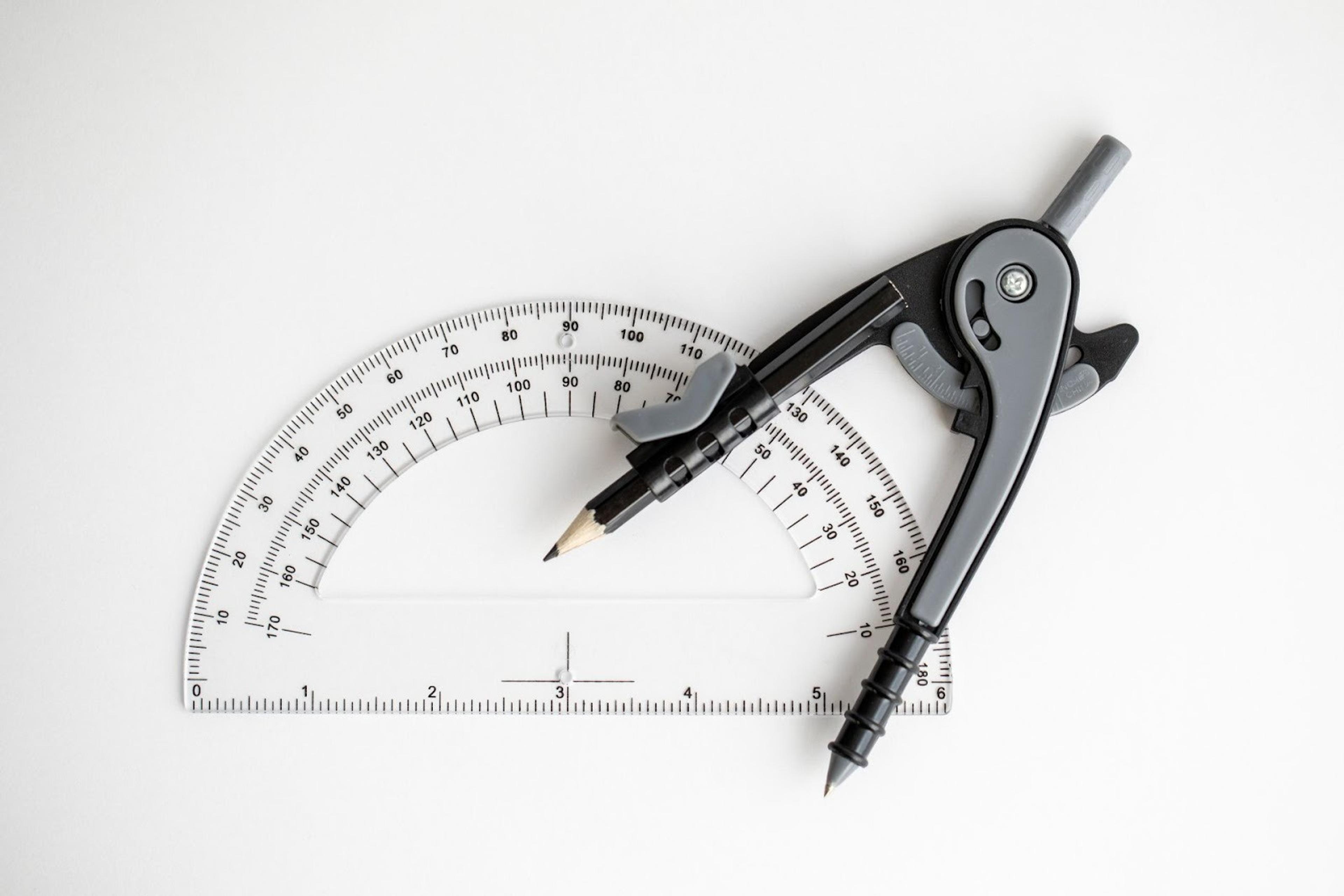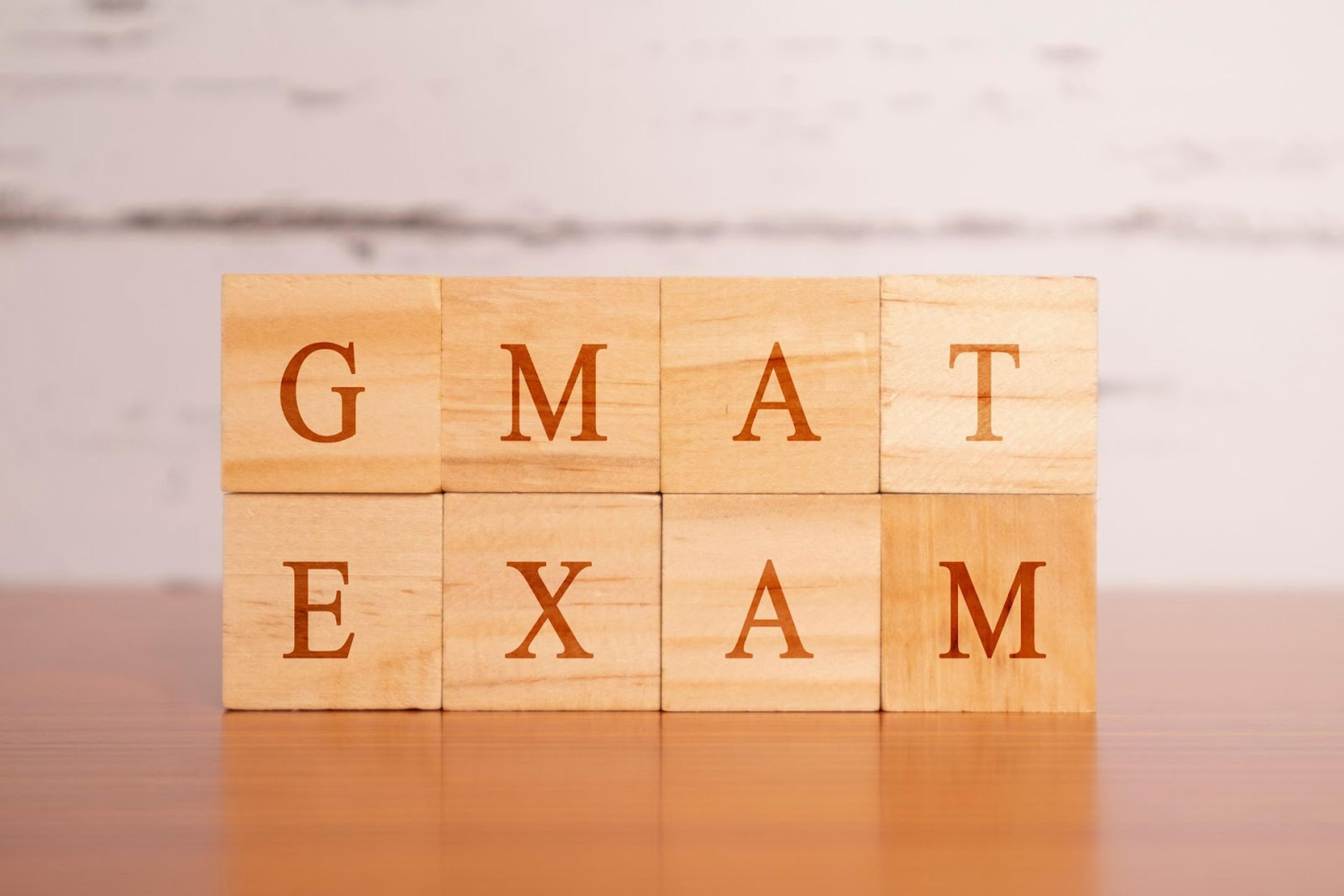
Table of Contents
If you're thinking of pursuing higher education or a career in business, then you've probably heard of the GMAT (Graduate Management Admission Test). This standardized test is designed to measure your skills and potential for success in business school. It's a challenging and complex exam that requires a lot of preparation, which is where practice tests come into play.
What is the GMAT Test and Why is it Important?
The GMAT is a computer-adaptive test that evaluates your analytical, quantitative, verbal, and integrated reasoning skills. It's accepted by more than 7,000 business and management programs worldwide, and it's a crucial component of the application process. A good GMAT score can improve your chances of getting admission to a top business school, obtaining scholarships, and even landing a job after graduation.
One of the unique features of the GMAT test is its computer-adaptive format. This means that the difficulty level of the questions adapts to your performance, with harder questions being presented if you answer previous questions correctly. This ensures that the test accurately measures your abilities and provides a fair assessment of your skills.
Another reason why the GMAT is important is that it's a standardized test, which means that it provides a consistent measure of your abilities that can be compared across different applicants. This is particularly important for business schools, which receive a large number of applications from candidates with diverse backgrounds and experiences. The GMAT provides a common benchmark that helps schools evaluate applicants fairly and objectively.
How Practice Tests Help in GMAT Preparation
The GMAT is a timed test, which means that you need to manage your time efficiently to answer as many questions as possible within the given timeframe. Practice tests can help you understand the format and structure of the exam better and develop time management skills. You can also get a sense of the types of questions and difficulty levels you can expect on the actual exam and adjust your preparation strategy accordingly.
Another benefit of taking practice tests is that they can help you identify your strengths and weaknesses. By analyzing your performance on the practice tests, you can determine which areas you need to focus on more during your preparation. This can help you allocate your study time more effectively and improve your overall score on the GMAT.
Additionally, practice tests can help you build confidence and reduce test anxiety. By taking simulated exams, you can get used to the pressure and stress of the actual test day. This can help you feel more comfortable and relaxed during the real exam, which can ultimately lead to better performance and results.
Benefits of Taking Practice Tests for GMAT
Practice tests offer numerous benefits for GMAT aspirants. Firstly, they can help you identify your strengths and weaknesses in different sections of the test. This can help you focus your study efforts on your weak areas and refine your skills. Secondly, practice tests can help build your confidence and reduce test-day anxiety. Finally, taking multiple practice tests can help you track your progress and see how close you are to achieving your target GMAT score.
In addition to these benefits, taking practice tests can also help you become familiar with the format and structure of the GMAT. This can help you manage your time more effectively during the actual test and avoid getting stuck on difficult questions. Moreover, practice tests can expose you to a variety of question types and difficulty levels, which can help you develop effective test-taking strategies. By practicing with realistic GMAT questions, you can also learn how to apply the concepts and skills you have learned in a test-like environment.
How Many Practice Tests Should You Take Before the GMAT Exam?
There's no one-size-fits-all answer to this question, as the number of practice tests you need to take depends on your individual learning style, goals, and schedule. However, experts recommend taking at least three to four practice tests during your preparation period. This allows you to assess your performance and make necessary adjustments to your study plan.
Tips for Taking Practice Tests to Maximize Your GMAT Score
While taking practice tests can be incredibly helpful in GMAT preparation, it's essential to use them efficiently. Here are some tips to help you maximize the benefits of practice tests:
- Simulate test-day conditions as closely as possible, including taking the test in a quiet environment, without interruptions and distractions.
- Take breaks between sections to rest and recharge.
- Analyze your mistakes and try to understand why you got the answers wrong.
- Use your practice test results to adjust your preparation strategy.
- Focus on quality, not quantity and make sure to review your test results thoroughly.
What to Expect from a GMAT Practice Test
A standard GMAT practice test consists of four sections: Analytical Writing Assessment, Integrated Reasoning, Quantitative, and Verbal. Each section has a set time limit, and the entire test takes about 3.5 hours to complete. GMAT practice tests are based on real GMAT questions and offer a similar level of difficulty and format to help you prepare for the actual exam.
The Role of Practice Tests in Identifying Weaknesses and Strengthening Your Skills
Practice tests are an excellent tool for identifying your strengths and weak areas in GMAT. As you take the tests, you can gauge where you are struggling and where you excel. This information is essential in designing your study plan and focusing your efforts in areas that need improvement. Regular practice tests help you refine your analytical, quantitative, and verbal skills over time, resulting in a better GMAT score.
How to Use Your Practice Test Results to Improve Your GMAT Score
Practice test results can be used to improve your GMAT score in several ways. Firstly, they can help you identify specific topics in which you need to improve your knowledge. Secondly, they can help you modify your test-taking strategy to eliminate common mistakes that might be detracting from your score. Finally, practice test results can help you track your progress and see how close you are to achieving your target GMAT score.
Common Mistakes Students Make During GMAT Practice Tests and How to Avoid Them
As you take practice tests, it's essential to avoid common mistakes that can negatively impact your score. One mistake is not managing time correctly. Make sure you spend enough time on each question and don't get stuck on difficult ones. Another mistake is not reading the questions and answer choices thoroughly. Always read all possible answers before choosing one. Finally, avoid making assumptions or taking shortcuts without verifying your reasoning.
The Best Resources for Accessing Free and Paid GMAT Practice Tests
There are many resources available for accessing free and paid GMAT practice tests. The official GMAT website offers two free practice tests for registrants. Additionally, some online test preparation companies offer free or paid practice tests, along with other study materials, such as video lessons and quizzes. Your local library or community center may also have GMAT books and practice tests available for lending.
Techniques for Analyzing and Interpreting Your Test Results
After taking practice tests, it's essential to analyze and interpret your results. One technique is to track your performance in each section and compare it to your previous tests. This allows you to identify areas where you're improving and where you're struggling. You can then adjust your study plan and focus your efforts accordingly. Additionally, you can use the results to prioritize the topics you need to review and practice further.
When is the Best Time to Take a Practice Test During Your GMAT Prep?
The best time to take a practice test during your GMAT preparation is after you've completed your content review. It's essential to have a solid knowledge base before taking the practice tests, as they simulate real test conditions. Additionally, taking practice tests early on in your preparation can be discouraging if you're not yet familiar with the exam format and types of questions.
How to Incorporate Practice Tests into Your Overall GMAT Study Plan
Practice tests are an integral part of your overall GMAT study plan. You should incorporate them into your study schedule in a way that works best for you. It's essential to space out practice tests and not take too many in a short period. Aim to take one test per week or every ten days to give you time to review, reflect and adjust your study plan based on your results.
The Importance of Balancing Both Content Review and Test-Taking Strategies in Your GMAT Preparation
To excel in GMAT, you must balance both content review and test-taking strategies. No matter how much content you know, if you don't have effective test-taking techniques, you won't perform at your best. Similarly, having good test-taking strategies without adequate content knowledge will only take you so far. Therefore, it's crucial to dedicate time for each aspect and ensure that you're focusing on both equally.
Conclusion
Practice tests are an essential element of GMAT preparation. They help you get familiar with the exam format, refine your test-taking skills, and improve your GMAT score. By incorporating practice tests into your study plan and using the results to modify your approach, you can increase your chances of performing well on test day and achieving your academic and career goals.
Browse hundreds of expert coaches
Leland coaches have helped thousands of people achieve their goals. A dedicated mentor can make all the difference.











